The Struggle is Real | Week 2 | Pastor Mike Stephens
Finding Freedom in the Midst of Struggles
In today’s message, Pastor Mike Stephens explores the reality of life’s struggles and the possibility of freedom through faith in Christ. He emphasizes the importance of shifting our focus from our struggles to our Savior, providing practical insights for navigating life’s challenges.
The Reality of Struggles
Struggles are an undeniable part of life. They manifest in various forms, from personal challenges to broader societal issues. Each individual’s experience is unique, yet the feelings of pain, frustration, and despair are universally relatable. Understanding that struggles are real is the first step toward healing.
Many people wear a mask, pretending to be fine when they are not. This facade can be exhausting. It’s essential to acknowledge the reality of one’s struggles, allowing for a more genuine connection with others. When we admit our struggles, we open the door for empathy and support.

The Cycle of Struggle
Struggles can often lead to a repetitive cycle that feels inescapable. It starts with a painful event, which leads to negative emotions like shame or regret. These feelings can perpetuate further struggles and create a downward spiral.
It’s crucial to recognize this cycle for what it is: a pattern that can be broken. Awareness is the first step toward change. By shifting our focus from our struggles to healthier coping mechanisms, we can begin to break free from this cycle.
- Identify the struggle: Recognize what you are facing.
- Acknowledge your feelings: Allow yourself to feel hurt or upset.
- Seek support: Talk to someone who will listen without judgment.
- Shift your focus: Redirect your energy towards positive actions.
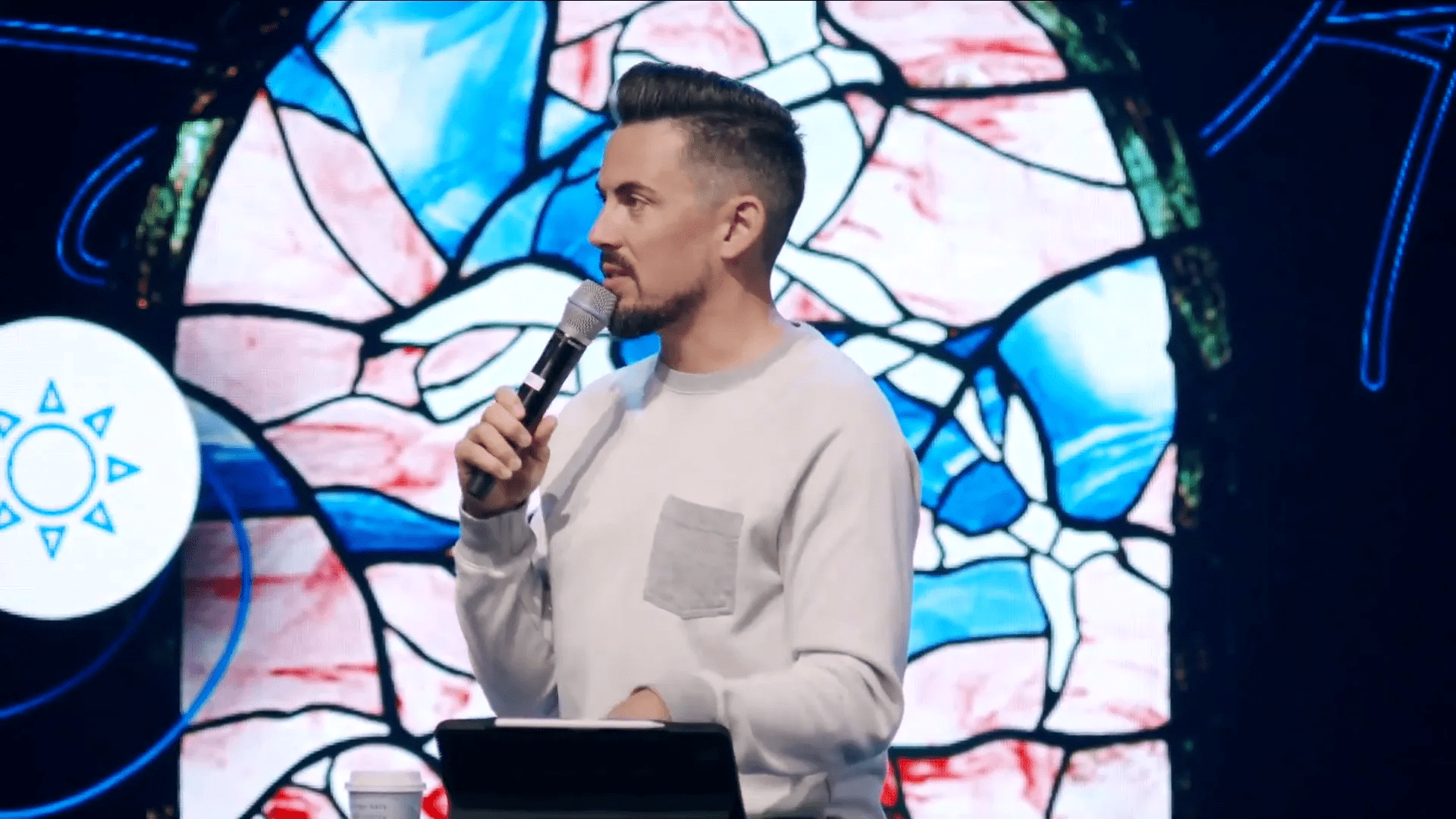
The Story of David
David’s story is a powerful example of how one can face immense struggles yet find strength in faith. In 1 Samuel 30, David returns home to find his city destroyed and his loved ones taken captive. His immediate reaction is one of despair, as he weeps until he has no strength left.
This moment of vulnerability is significant. It shows that even the strongest among us can feel broken. However, what sets David apart is his ability to turn to God for strength amid his turmoil. Instead of succumbing to bitterness, he chooses to seek solace in his faith.
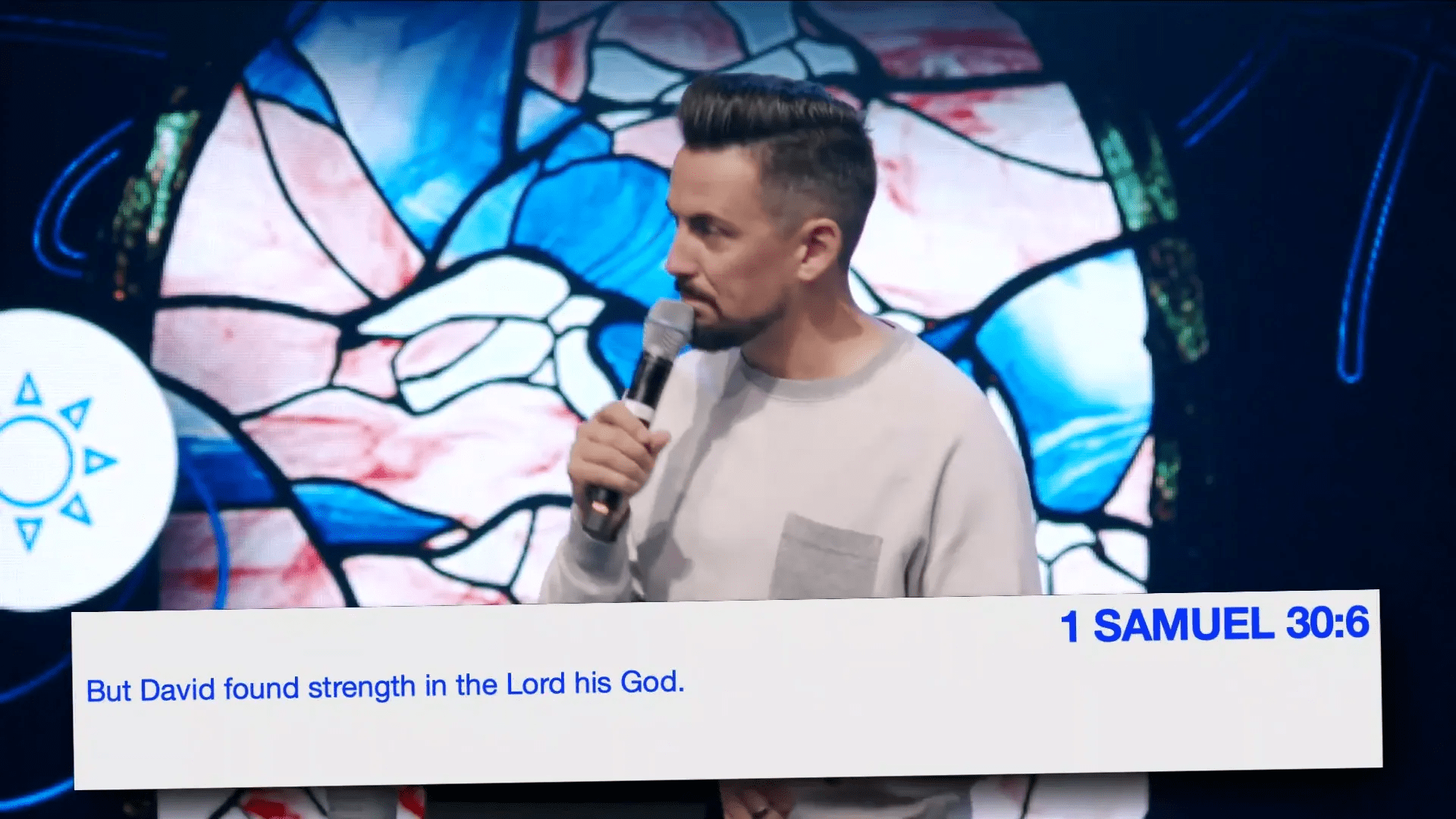
The Choice Between Bitterness and Strength
In times of struggle, we face a pivotal choice: to remain bitter or to seek strength. David’s men were ready to blame him for their misfortunes, allowing bitterness to cloud their judgment. This reaction is common; when faced with pain, it’s easy to point fingers and assign blame.
However, David chose a different path. He turned his gaze toward God, finding strength in his faith rather than wallowing in bitterness. This choice not only helped him cope with his immediate situation but also set a powerful example for those around him.
- Bitterness breeds further pain: Holding onto anger only prolongs suffering.
- Strength comes from faith: Seeking God can provide the comfort needed to navigate struggles.
- Empathy and support matter: Surround yourself with those who uplift and encourage you.

Posturing Ourselves Before God
To truly experience the transformative power of faith, we must first learn to posture ourselves before God. This concept is not merely about physical posture; it’s about the heart’s orientation towards the Creator. Jesus exemplified this throughout the scriptures, often retreating to solitary places to pray and connect with God.
Mark 1:35 illustrates this beautifully, depicting Jesus rising early in the morning while it was still dark, seeking solitude to pray. This act of prioritizing time with God set the tone for His day and allowed Him to align His heart and mind with God’s will.
Many of us harbor uphill hopes—aspirations for our relationships, our character, and our impact on the world. However, these hopes can be undermined by downward habits that distract us from our goals. For instance, we might desire to be present for our loved ones but find ourselves distracted by our phones. Recognizing this disconnect is the first step toward change.
- Identify your uphill hopes.
- Examine your downward habits.
- Make intentional choices to align your actions with your aspirations.
By posturing ourselves before God, we can begin to break the cycle of distraction and focus on what truly matters.
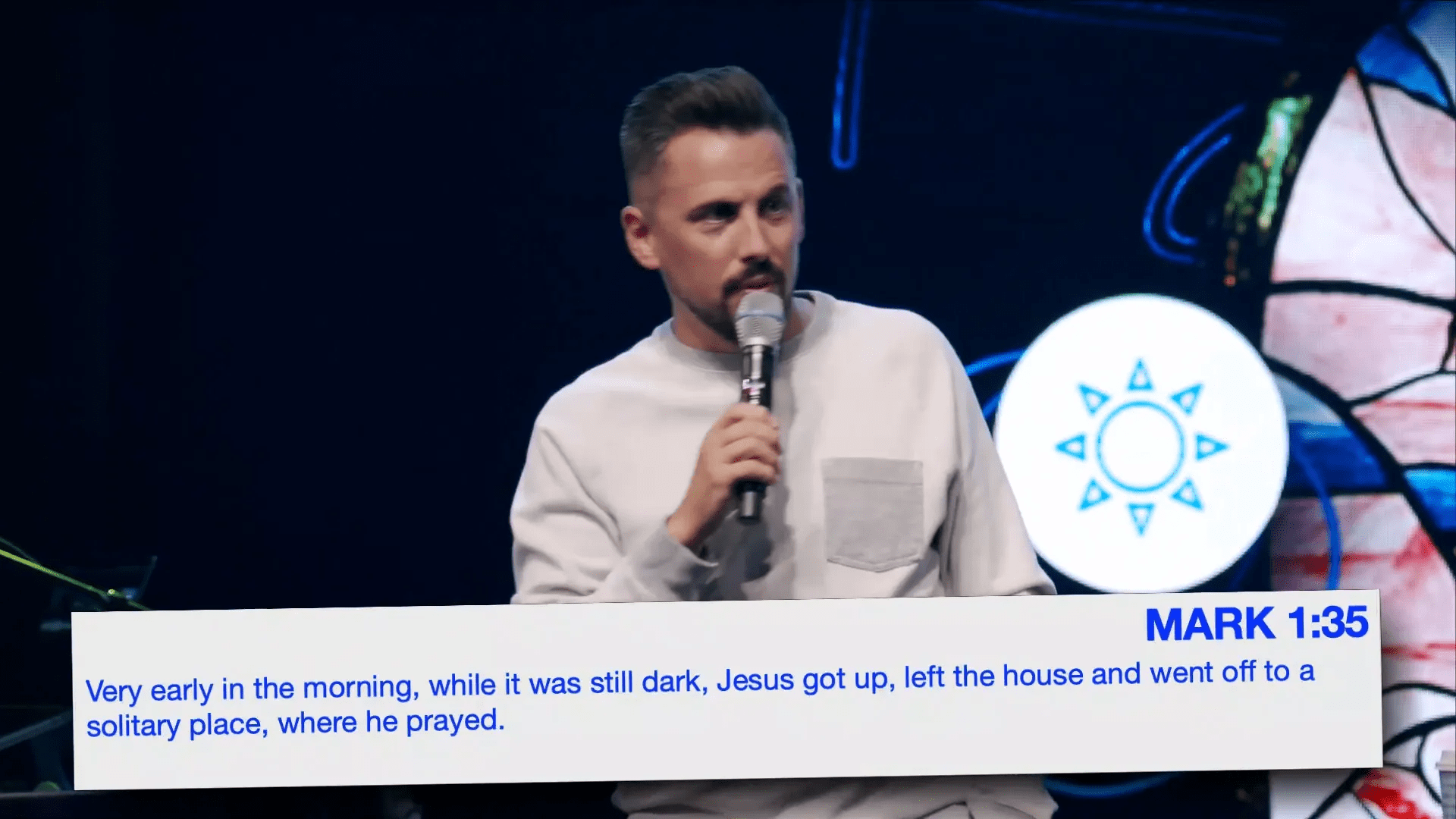
Gaining Perspective and Purpose
Posturing ourselves before God not only influences our habits but also reshapes our perspective. When we kneel before God, as Psalm 95:6-7 encourages, we acknowledge His authority and care over our lives. This act of submission helps us understand our position in relation to Him.
As we gain perspective, we begin to see God as our loving Creator rather than a distant observer. This shift allows us to draw closer to Him, opening our hearts to His guidance and purpose. Jeremiah 29:13 reminds us that when we seek God with all our hearts, we will find Him. This promise encourages us to pursue a deeper relationship with our Creator.
Understanding our proximity to God fosters a sense of purpose in our lives. When we realize that our existence is not merely for survival or routine but for a divine mission, our daily interactions become opportunities to reflect God’s love. Every encounter becomes a chance to share our faith, whether at work, school, or in our communities.
- Seek God daily to uncover your purpose.
- Recognize that every moment is an opportunity to serve.
- Embrace the mission of sharing Christ’s love with others.
This understanding instills confidence and clarity in our lives, guiding us through struggles and uncertainties.
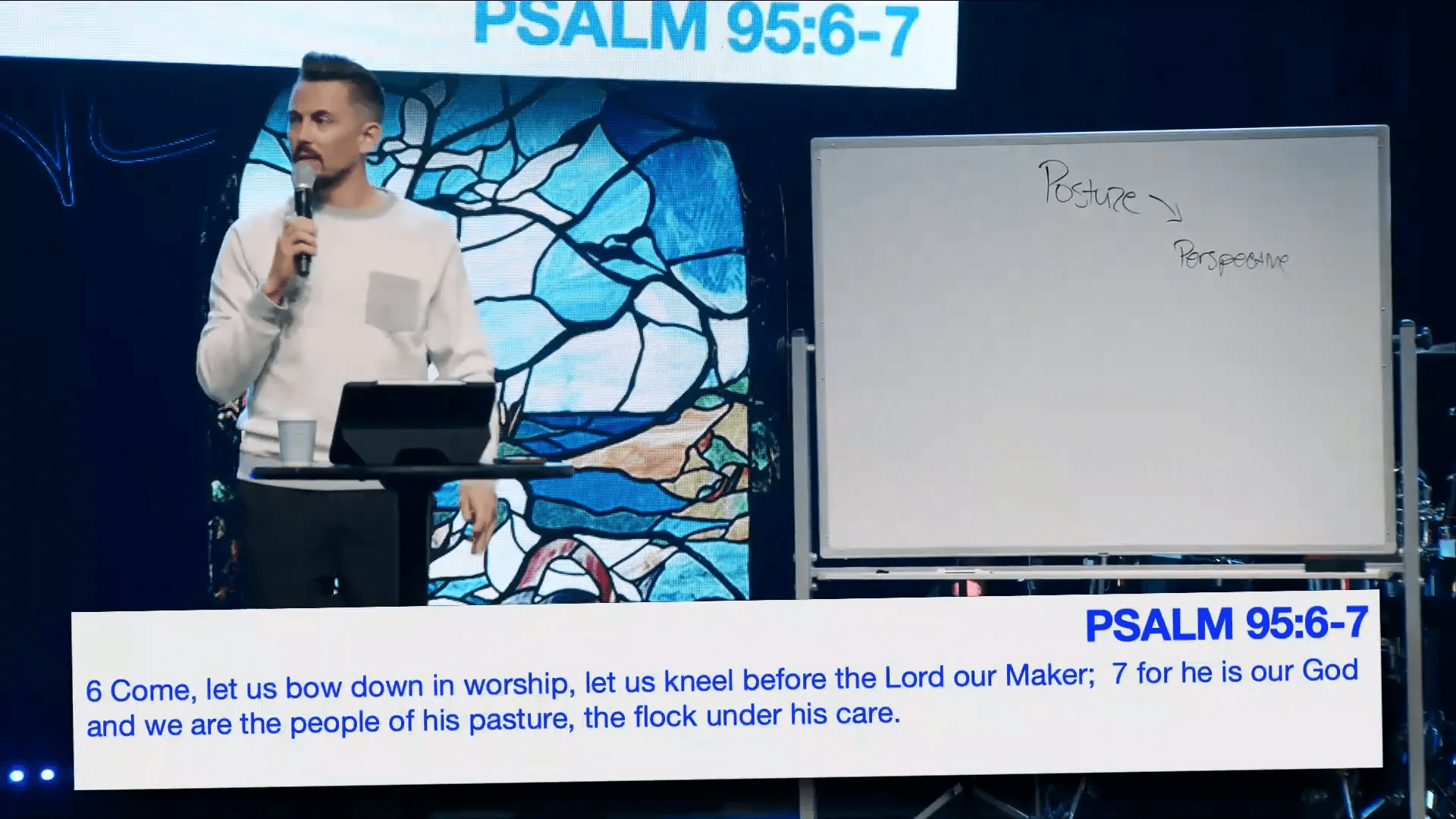
Finding Peace in God
As we posture ourselves before God and gain perspective, we naturally begin to experience the peace that surpasses all understanding. This peace is not contingent on our circumstances but is rooted in our relationship with God. Philippians 4:7 assures us that the peace of God will guard our hearts and minds when we present our requests to Him.
In tumultuous times, this peace serves as a refuge. It reassures us that we are not alone in our struggles. Knowing that God is our protector allows us to navigate life’s storms with hope and assurance. Proverbs 29:25 teaches that trusting in the Lord keeps us safe, reminding us that our security lies not in our abilities but in His faithfulness.
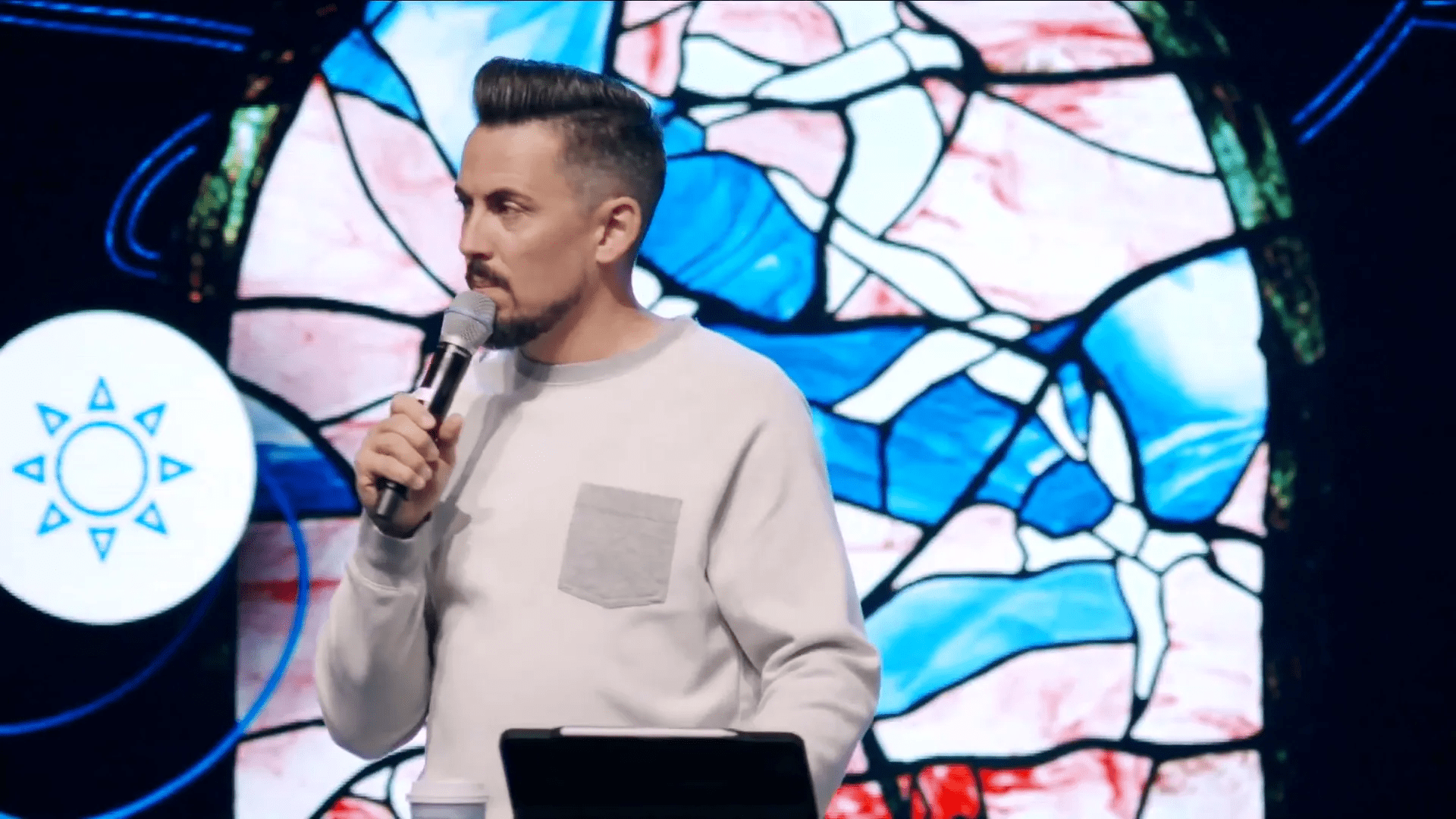
Finding peace in God transforms our struggles into testimonies of His grace. When we lean into our relationship with Him, we discover that our hardships can become platforms for His glory. This is the essence of living in a cycle with our Savior rather than being trapped in a cycle of struggle.
- Embrace the peace that comes from trusting God.
- Allow your struggles to be a testimony of His faithfulness.
- Seek His presence daily to maintain this peace.
Ultimately, when we prioritize God above all else, we find that our struggles may be real, but so is His love and peace. In a world filled with chaos, let us commit to posturing ourselves before God, gaining perspective, and finding true peace in Him.
